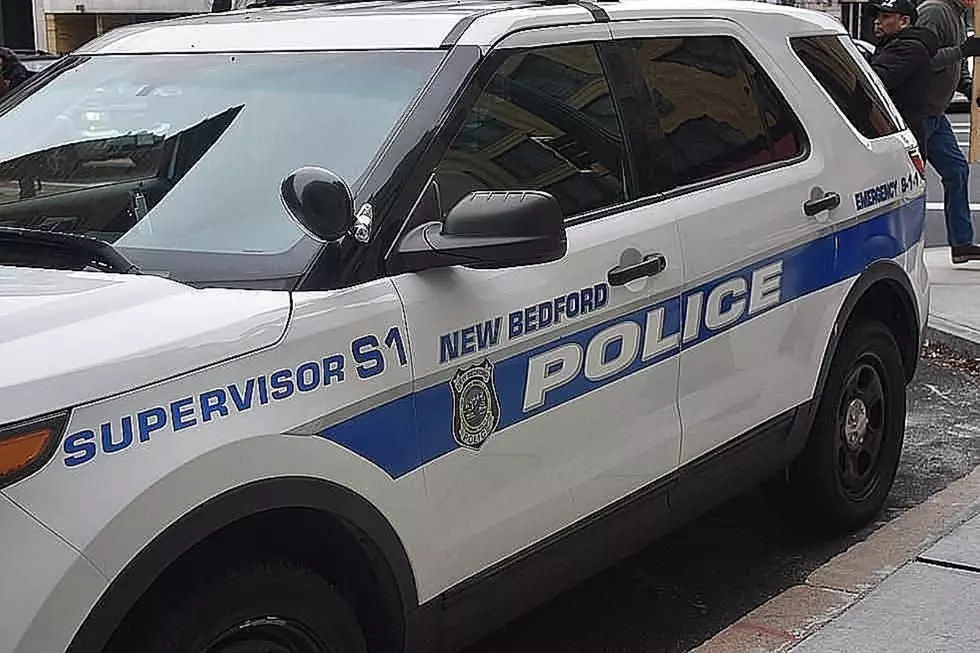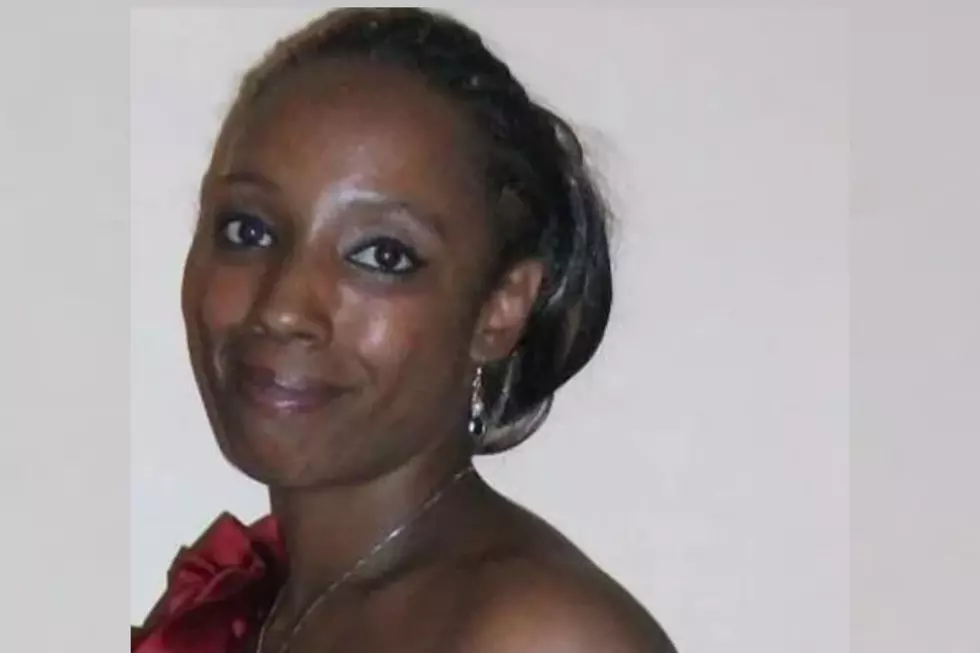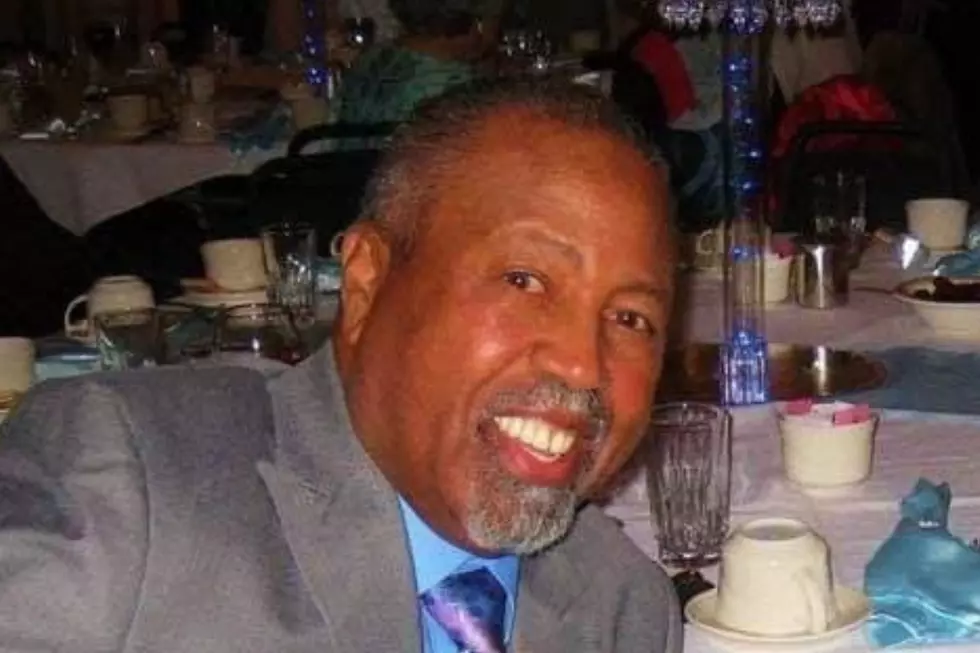![ACLU Targets More Anti-Beggar Ordinances [OPINION]](http://townsquare.media/site/518/files/2015/11/panhandling.jpg?w=980&q=75)
ACLU Targets More Anti-Beggar Ordinances [OPINION]
The U.S. Supreme Court could soon find itself involved in the debate over panhandling.
Hundreds of cities and towns across the country have or have had rules and regulations governing panhandling. Some of those policies have been changed due to threats of legal action by the ACLU and other advocates for the homeless.
The activists are taking aim at several Iowa communities that currently have restrictions on panhandling. Anti-panhandling policies in some 240 communities in 12 other states are being reviewed for potential legal action as well, according to the Associated Press.
In 2015, the high court struck down an Arizona city's ordinances that attempted to regulate signs directing people to a church meeting. The AP says the court "set a new standard for what is considered protected speech and since then panhandling has been interpreted as similar constitutionally protected speech." Since then, more than 25 communities, including Worcester, have been successfully sued by the ACLU.
Rita Bettis Austen, ACLU of Iowa legal director, tells the AP punishing people for panhandling in wrong:
"That's not just wrong in the moral sense, it is also unconstitutional because the First Amendment protects the right of people to express their needs and ask for help as free speech," she said.
Interpreting the Supreme Court's 2015 ruling to include begging on street corners is a far stretch. Municipalities have always had and should continue to have control over their streets and the fundraising practices that occur on those streets.
A popular food vendor cart was removed from the corner of Ashley Boulevard and Tarkiln Hill Road when nearby businesses complained about an unfair advantage. The vendor was not being assessed property taxes that the brick and mortar businesses were paying, among other things. Panhandlers are being allowed to generate tax-free cash money simply by begging for it. That is unfair to working folks who are paying a lot of taxes.
Just last week, I witnessed three panhandlers in a physical altercation over a prime begging spot. Still others are walking in the street and approaching car windows begging for change. Citizens should not have to tolerate this.
Nowhere in the Constitution does it say that local governments are not allowed to remove drug and alcohol-induced beggars from their street corners. It's about time this matter rises to the level of the U.S. Supreme Court for clarification.
Is panhandling protected free speech under the Constitution?
Barry Richard is the host of The Barry Richard Show on 1420 WBSM New Bedford. He can be heard weekdays from noon to 3 p.m. Contact him at barry@wbsm.com and follow him on Twitter @BarryJRichard58. The opinions expressed in this commentary are solely those of the author.
More From WBSM-AM/AM 1420









